BWL is committed to using our sport to promote good mental health and wellbeing
Mental Health Awareness: Resources
- Wellbeing resources for coaches - from UK Coaching
- Young Minds – information and sign-posting to mental health support for young people and parents
- Sport and physical activity for people with mental health problems: a toolkit for the sports sector – from Mind
- IOC Health Body Image Campaign – The International Olympic Committee have released a video series called ‘Hungry for Gold’ offering guidance on healthy body image for athletes
You can find more resources at the bottom of this page.
Sport and Recreation Alliance's Mental Health Charter
The Charter sets out how sport and recreation organisations should adopt good mental health practice to make activities inclusive, positive and open to everyone. As part of this commitment, BWL is committed to:
- Using our sport to promote good mental health and wellbeing
- Adopting good mental health policies and best practices
- Appointing ambassadors and role models
- Tackling discrimination on the grounds of mental health
- Supporting a pan-sport platform to develop and share resources and best practice
- Throughout all of this we should regularly monitor our performance
Lifting and Wellbeing
Research suggests there are five ways we can all improve our wellbeing, why not give them a try?
1. Connect
Connect with the people around you: your family, friends, colleagues and neighbours. Why not lift with other people, whether it is a training session or club session, even saying hello to a fellow gym goer. It can all help your mental wellbeing.
2. Be active
Being active makes you feel good, and regular physical activity is associated with lower rates of depression and anxiety across all age groups. Weightlifting at any intensity will have beneficial effects on your mental wellbeing, not to mention the obvious physical benefits like improving your strength.
3. Keep Learning
Learning new skills or improving current skills can give you a great sense of achievement and confidence. Make time to try something new, rediscover an old interest or set a challenge you’ll enjoy. Make your goals realistic for your training, you don’t have to lift hundreds of kilos or a personal best every time. How about aiming to hit a lift consecutively?
4. Give to Others
Even the smallest act can count, whether it's a smile, a thank you or a kind word of encouragement to fellow lifters. Larger acts, such as volunteering at your local weightlifting club or at a competition at any level can be extremely rewarding.
5. Be Mindful
Try to be more aware of the present moment, including your thoughts and feelings, your body and the world around you. Some people call this awareness ‘mindfulness’. Getting in the gym and weightlifting whilst concentrating on that moment can positively change the way you feel about life and how you approach challenges. Reflecting on your experiences will help you appreciate what matters to you.
What if I need support?
If you don't feel you can keep yourself safe right now, seek immediate help:
- Go to any Accident & Emergency (A&E) department
- Call 999 and ask for an ambulance to take you to A&E
- Ask someone else to call 999 for you or take you to A&E
- If you need urgent support but don't want to go to A&E, you could call Samaritans on freephone 116 123- they are always open and are there to listen
- Contact your GP surgery and ask for an emergency appointment
- Contact NHS 111 (England) or NHS Direct 0845 46 47 (Wales)
- Contact your local crisis team (CRHT), if you're under their care
MIND have lots of useful information. For further information on what to do if you need help, please visit the Mind website by click here
If you want to help someone else, please click here to visit Mind’s advice
You can also access mental health awareness training for the sport and physical activity sector at MIND elearning
Useful Resources
NSPCC Child Protection in Sport Unit Resources
- Addressing self-harming behaviour – CPSU briefing paper
- Addressing suicidal thoughts and feelings – CPSU briefing paper
- Eating disorders and disordered eating – CPSU webinar
- Sample mental wellbeing statement – CPSU sample statement
Support and resources for coaches, staff and volunteers
- NSPCC Learning - Child mental health
- NSPCC helpline tel: 0808 800 5000 – if you’re worried about a child, even if you're unsure, contact the NSPCC’s professional counsellors for help, advice and support
- Everglow Health and Wellbeing - Breaking the stigma around mental health
- International Olympic Committee guidance on healthy body image – Hungry for gold videos
- Sport Northern Ireland - Inspire Sports Hub: wellbeing in sport
- Sport & Recreation Alliance with the support of Mind - Mental Health Charter for Sport and Recreation
- Mind Regional Networks – bringing together organisations from across the sport, physical activity and mental health sectors
- Mind - Sport, physical activity and mental health
- Mind - Sport and physical activity for people with mental health problems: a toolkit for the sports sector
- Mind - Taking care of yourself
- Mind with UK Coaching and Public Health England - Tips for coaches video
- UK Coaching - Wellbeing resources for coaches
Mental health awareness training
- UK Coaching, Mind, 1st4Sport and Sport England - Mental health awareness for sport and physical activity.
- Rethink mental health training
- Zero Suicide Alliance – free suicide prevention training
Support services for children and young people
- Childline: tel: 0800 1111 – information and support line for young people
- Samaritans: tel: 116 123 – 24-hour confidential listening and support for anyone who needs it
- Shout: text 'Shout' to 85258 – a place to go if you’re struggling to cope and you need immediate help
- The Mix: tel: 0808 808 4994 – information, support and listening line (24 hours) for people under 25
- Child and adolescent mental health services (CAMHS) – information for young people
- Mind – Information for young people
- State of Mind Sport – support for athletes, and advice on taking care of your mental wellbeing
- Young Minds – information and sign-posting to mental health support for young people and parents
Partners
-
 Official Partner
Official Partner
-
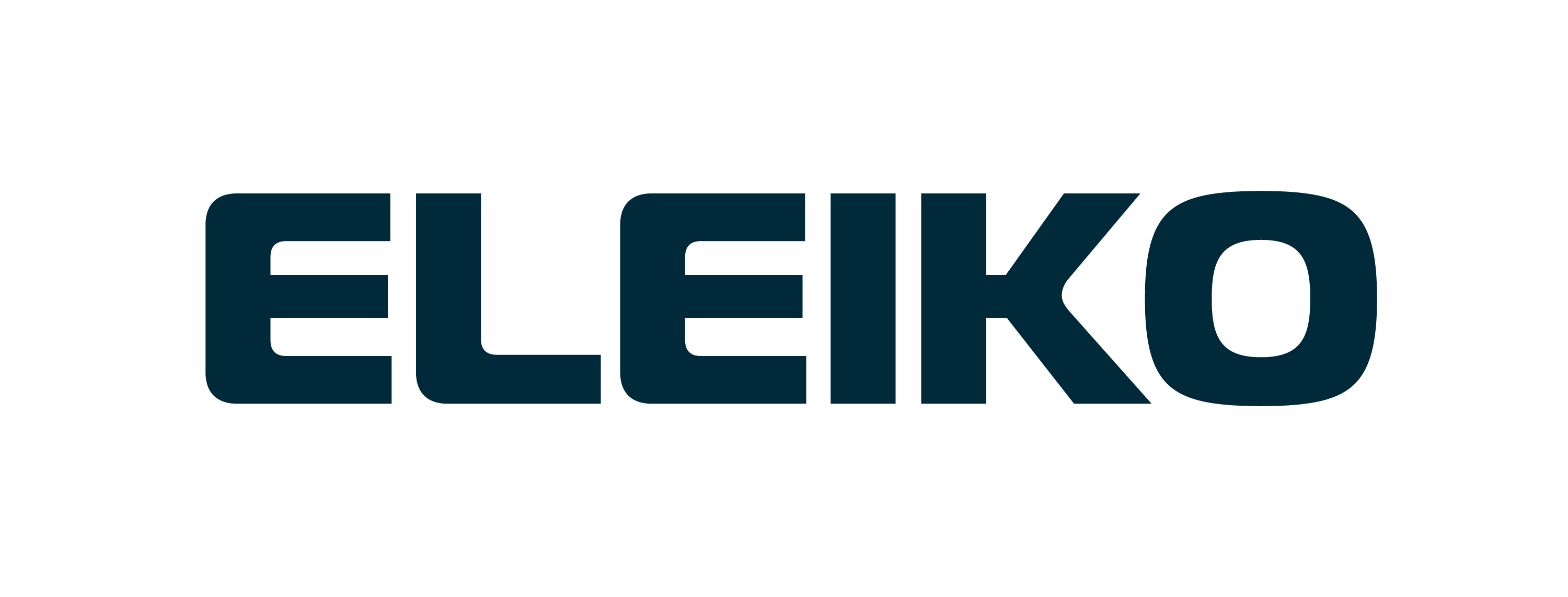 Official Equipment Partner
Official Equipment Partner
-
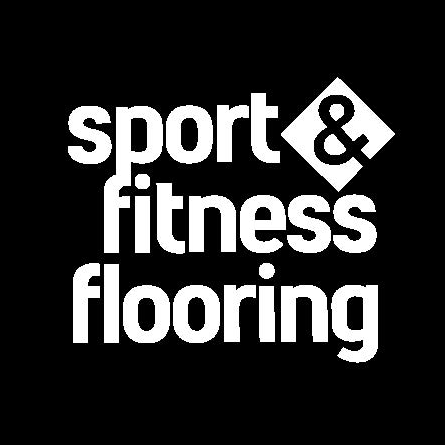 Official Partner
Official Partner
-
 Official Photography Agency
Official Photography Agency
-
 Official Partner
Official Partner
-
 Official Partner
Official Partner
-
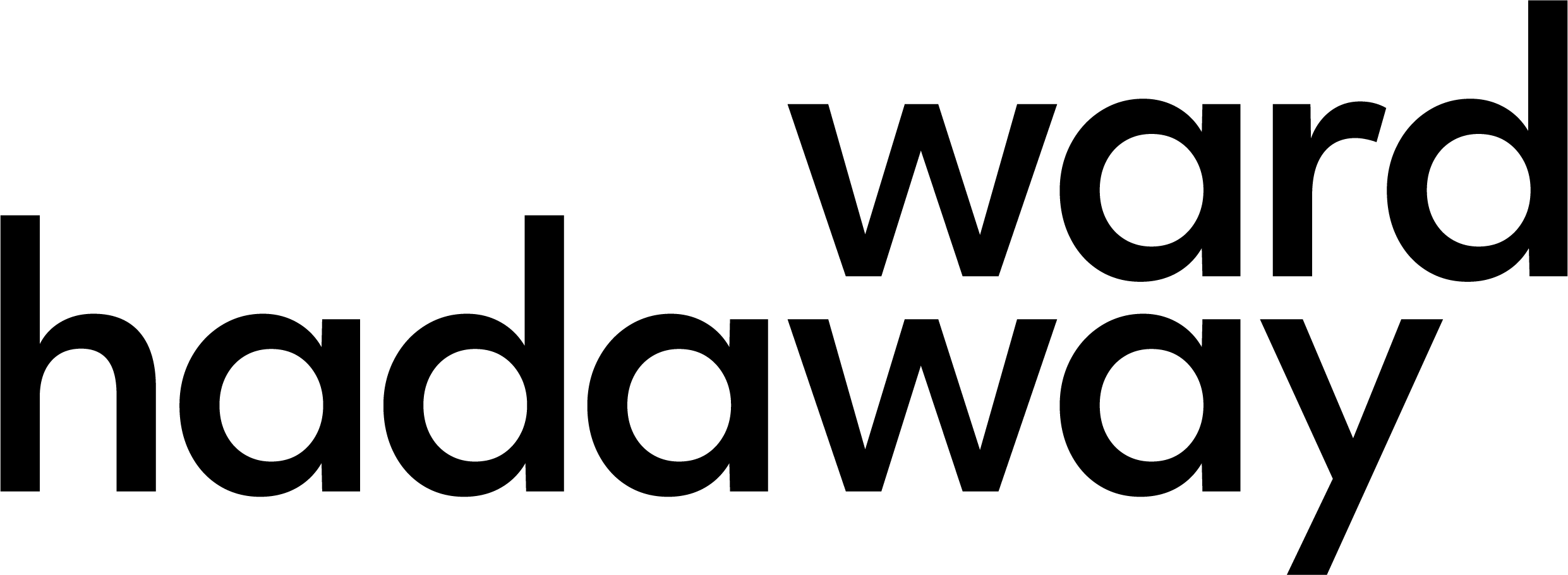 Official Partner
Official Partner
-
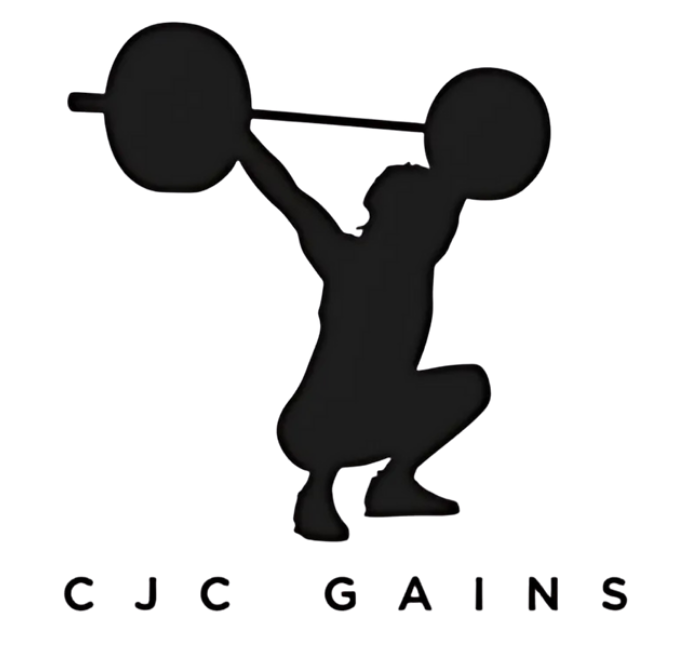 Official Partner
Official Partner
-
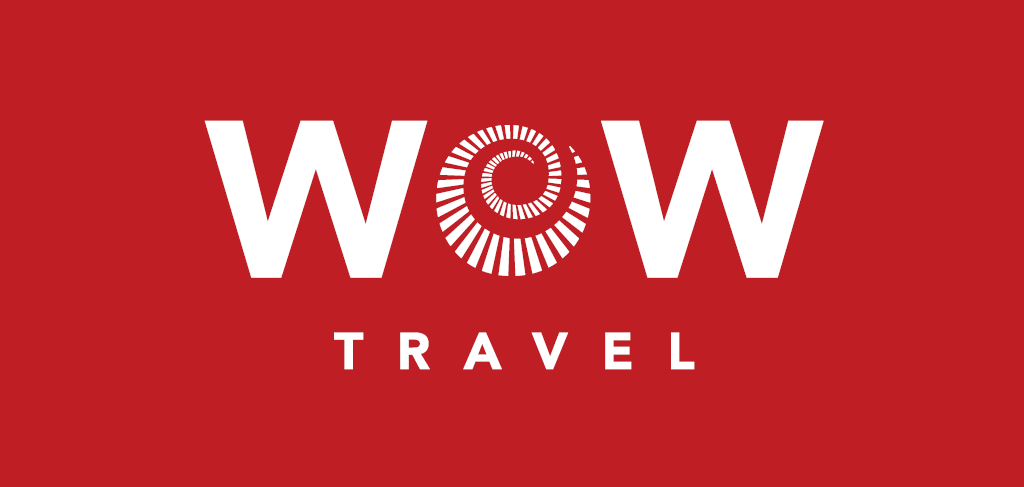 Official Travel Partner
Official Travel Partner
-
 Partner
Partner
-
 Funding Partner
Funding Partner
-
 Funding Partner
Funding Partner
-
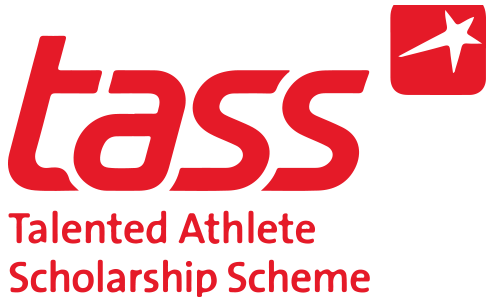 Funding Partner
Funding Partner
-
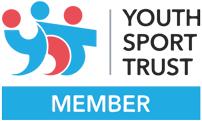 Official Strategic Partner
Official Strategic Partner
-
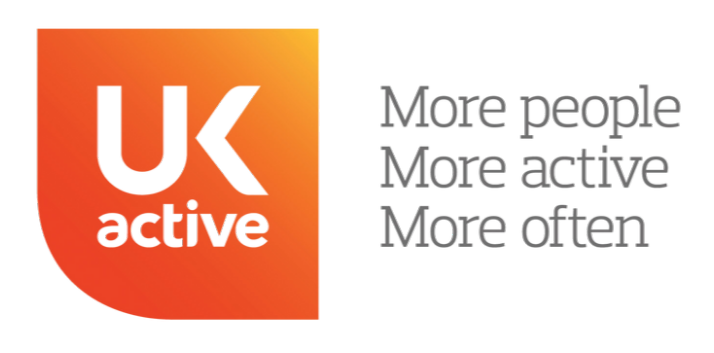 Official Strategic Partner
Official Strategic Partner
-
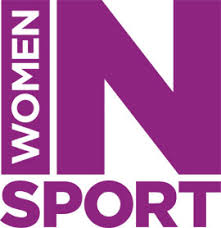 Official Strategic Partner
Official Strategic Partner
-
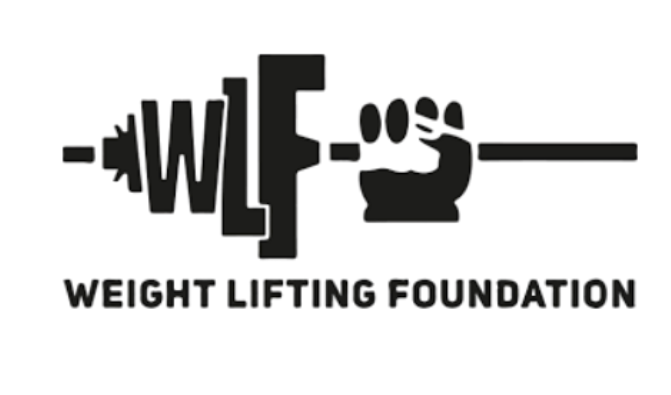 Weight Lifting Foundation Charity
Weight Lifting Foundation Charity
-
 Official ELearning Partner
Official ELearning Partner
-
 Official Awarding Organisation
Official Awarding Organisation
-
 Official Course Endorsement
Official Course Endorsement


